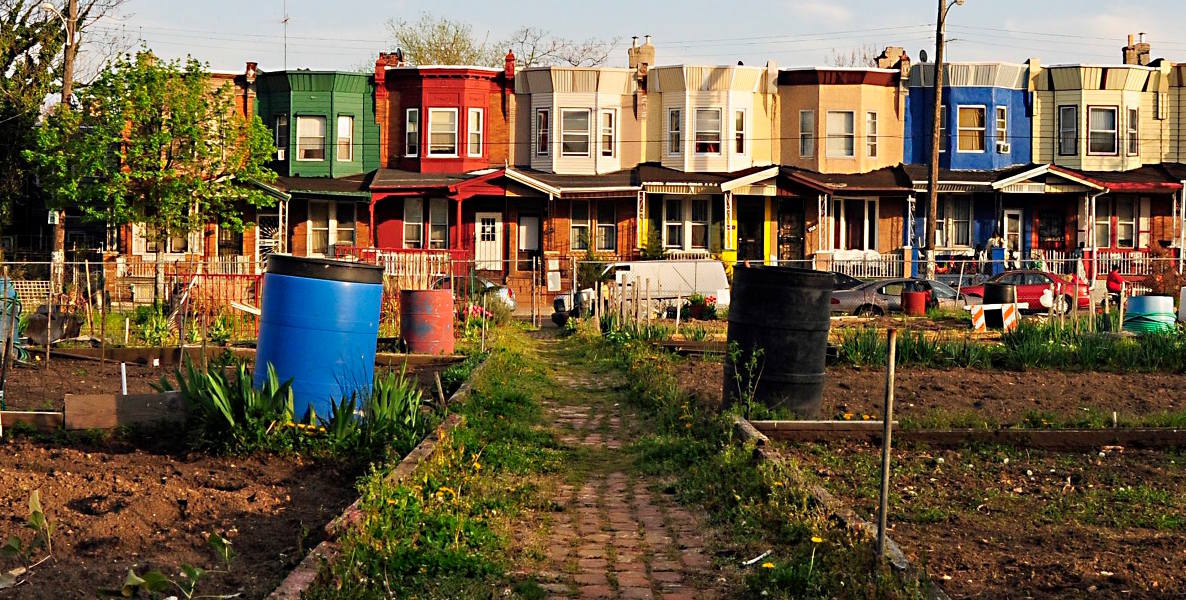Mayor-elect Jim Kenney has spent the last several months touting the importance of ensuring that every citizen in every Philadelphia neighborhood has the same opportunities to succeed in a growing city. As his campaign said earlier this year, “Philadelphia can never reach its full potential unless all Philadelphians are involved in its progress. This includes not just Center City, but every neighborhood from Southwest to the Far Northeast, from Chestnut Hill and Mt. Airy to Parkside and Pennsport.”
Now, a new report from real estate website Redfin shows why this might be among the hardest challenges for Kenney as mayor. The report found what Philadelphians know anecdotally: That neighborhoods in this city are most starkly-divided by class.
Redfin’s Eric Scharnhorst explains that, to generate the report, the site compared home sale prices to “the purchasing power of a local, median-income family” and then labeled addresses “as either affordable or high-end.” Using this comparative data, researchers created three categories in each city: mostly affordable, mostly high-end, or a mixture of affordable and high-end. “This was like shaking two colors of sprinkles onto a checkerboard and counting the sprinkles on each square,” Scharnhorst adds. (Redfin, it should be noted, is a real estate site, not an academic institution.)
In other words, the more blended the colors, the more economically integrated a neighborhood appears to be. Here in Philadelphia, the colors mix in Center City adjacent neighborhoods—like Northern Liberties and Fairmount—but mostly the city is starkly divided between affordable or high-end.
“In Philadelphia,” adds Redfin’s Alina Ptaszynski, “only 11 percent of the land area has a mix of home prices.” She says that parts of Philly’s Spring Garden and Kensington neighborhoods are two of the most economically diverse areas of the city, but overall, “82 percent of the city’s land area is exclusively affordable homes” with 6 percent of the city containing “areas of concentrated wealth.”
Philadelphia ranks far below Boston, where 51 percent of the neighborhoods are economically mixed. Other cities that bested Philly include: Seattle (31 percent); Denver (24 percent); Los Angeles (19 percent); and, Chicago (17 percent). Perhaps most striking: We only just beat out San Francisco, widely viewed as emblematic of class problems endemic in urban America, which has 10 percent economically mixed neighborhoods, according to researchers.
The idea of neighborhoods being pricier or more modest isn’t news. But, class stratification by zip code has serious ramifications, particularly for a growing city like Philadelphia.
To succeed, Kenney will need to bring together two often warring factions: Those who want to develop neighborhoods, and those who fear being priced out of their longtime homes. As in other cities, there exists palpable friction between long-time residents and developers in Philly, particularly whenever the dreaded g-word—gentrification—comes up.
For instance, when developer Lindsey Scannapieco opened a pop-up beer garden atop a shuttered public school, the former Bok Technical High School, it outraged a lot of folks. And, those who weren’t outraged couldn’t understand why folks had a problem with pictures of well-heeled Millennials toasting atop the ruins of a once great public, and diverse, institution. That kind of inability, or refusal, to understand each other isn’t going to serve anything but more conflict. And, abjectly refusing to hear folks with sincere concerns is a crummy way to grow the economy.
Historically, Philadelphia’s done a lousy job of tying community development to economic growth, though some developers are now taking a more holistic, and apparently effective, approach to economic development.
That matters because the stakes of whether or not we successfully integrate classes in Philly neighborhoods are pretty high.
The Pew Charitable Trusts says in a 2013 report that “American metro areas with distinct pockets of concentrated wealth and concentrated poverty have lower economic mobility than places in which the wealthy and poor are more integrated.” In other words: Without more mixing of the classes, Philadelphia will struggle to become a city where everyone can succeed.
Even more unsettling is the fact that Pew also says economic segregation in urban America has increased over the past few years, suggesting “powerful implications for Americans’ mobility prospects in those areas.”
The disparity in home price and median income seems to support other research Pew has conducted surrounding what social scientists call economic segregation.
Speaking to The Atlantic‘s CityLab, Pew researcher Paul Taylor mused on the implications class divisions have on America’s ideals.
“I do think it’s appropriate to observe that since the very beginning of our country, our quasi-official motto has been E pluribus unum—out of many one,” Taylor says. “One could make the argument that if increasingly we live among our own kind, whether we measure that by race or ethnicity, by income, by ideology or by partisanship, that may call into question the strength of the unum. We’re doing great on the pluribus.”
Header Photo: Wikimedia Commons/Tony, Glenwood Green Acres




